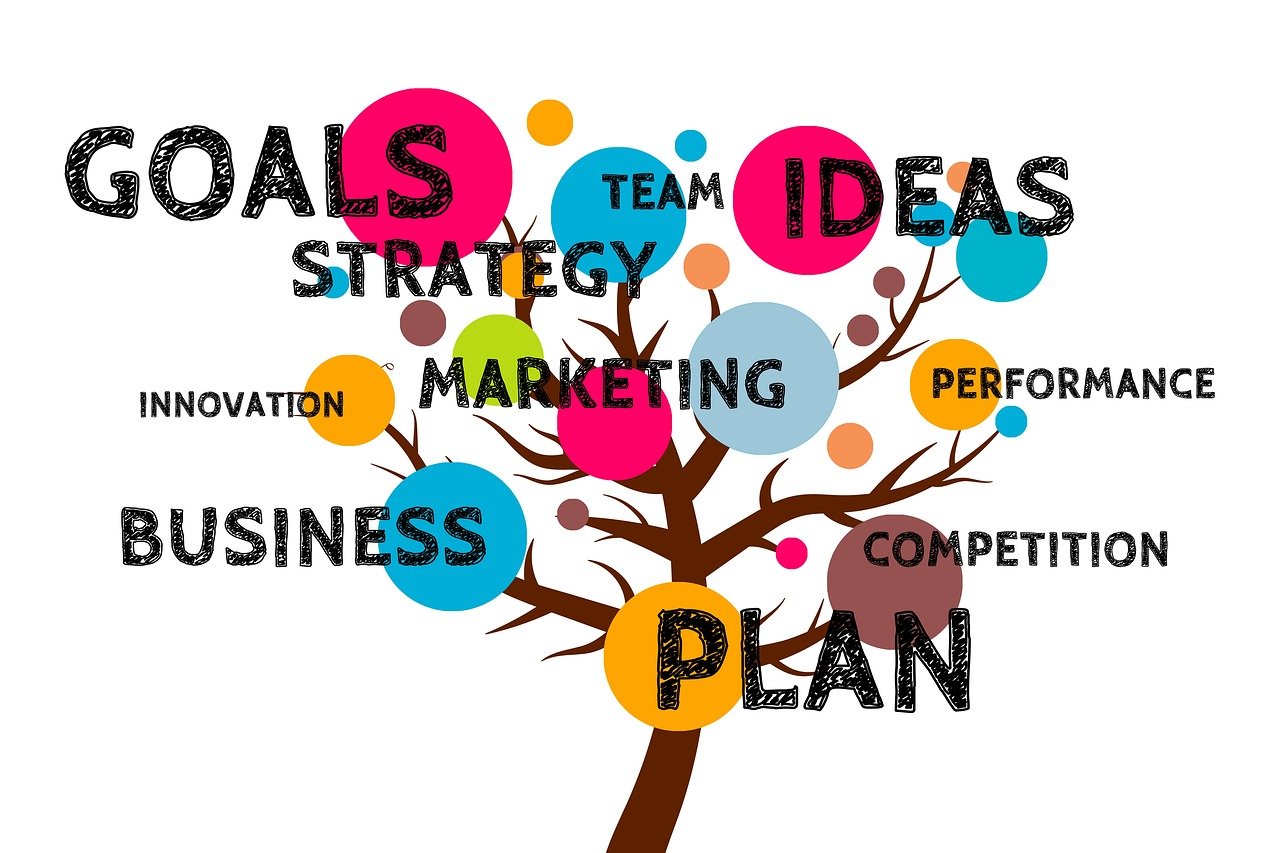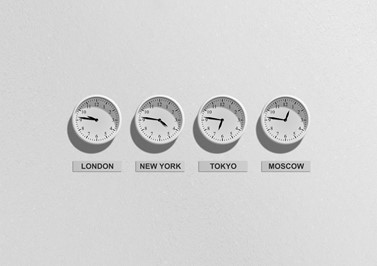What is Career Planning and Why It’s Important for You

What is career planning?
Put simply, taking charge of your career and undertaking a career planning process is a great idea to identify what you are good at and what you enjoy, what your strengths are, and what is important to you from a values perspective.
While most of us can rattle off a laundry list of what our abilities are and what we have to offer, often it can be superficial. For instance, you may be good with people. There are many people who could say that but how does that translate for you? What does that mean? How does that translate into job searching? Once you have a clear focus you can then look at how you match suitable jobs, whether you need or have the transferable skills to meet your next step, whether training is required and how your career objectives match up to all of that.
In summary, career planning is actively managing your career through a structured process and giving you informed knowledge to explore career options through taking short-term and long-term steps towards a new job or career.
Why plan?
When you think about how much time we spend on planning our holidays (maybe pre-covid), our birthday celebrations, and all the other milestones in our lives, why doesn’t career planning sit amongst the top 5 of that list? How is it that while we spend more time at work than anywhere else and may have ideas about our career path and what job we want next, often we are leaving our career development in the hands of others? Sure, we might be next in line for that promotion or pay rise, but we know the labour market, restructures and changes of management happen regularly.
You could suddenly find yourself made redundant or with a new manager who is not invested in you, or worse brings in their own person for the role you had your eye on. When you are feeling demotivated, stressed, or under pressure, that is going to be even more challenging for you to start a job search or think about a career change.
You may end up taking a role that isn’t really something you want. Your anxiety about needing a job and fear that you may not get one could push you to accept it, particularly if it pays well. Once you start, if you don’t like the new role or the organisation, it can be pretty hard to make the decision to look around again and so you end up feeling trapped. Of course, all this may happen anyway but if you have taken the time on career planning prior to the event, you will have more confidence in your ability to make the right decisions for you and there will be parts of the job that you love even if the organisation turns out to be the wrong fit.

An example of how the career planning process works
Let’s start with what interests you and what you are good at. Think about your current role. You know when you are working on something and time passes and before you realise it, a couple of hours have passed? That is usually when you are in a state of flow.
Psychology describes flow as a state of mind when a person is immersed in an activity and feels energised. That’s because you are using your skills and it is something you really enjoy doing. Conversely, there are other things that you are also good at but they de-energise you and so you manage your time by looking for distractions and putting the task off. So how does this relate to career planning? Well, you could be looking at a job description ticking off responsibilities, and thinking to yourself, yes I am good at those things.
Just because you are good at them doesn’t mean you like doing them. They could be tasks that in the early days of your career you needed to master and now you have, they don’t interest you. While we all have elements of our role that we don’t enjoy but accept as part of the role, you don’t want to end up in a role where those take up the majority of your day as you will end up feeling disheartened.
Some of the benefits of flow described by Positive psychology are better emotional regulation, better fulfilment and enjoyment, increased engagement, and increased performance. Who wouldn’t want that? As well as understanding what you enjoy and what skills you bring to your role, exploring what your preferences are is what makes all the difference to the choices you make in your career.
Identifying your career goals

Career planning is useful whether you have short-term or long-term career goals. Doing a self-assessment on your current experience can help you decide what options you are looking for and what opportunities you will take notice of. Most of us have several careers throughout our life and you can apply career planning processes across other areas of your life.
In many jobs, there is no work-life balance, merely work-life integration. It’s up to you how much you want your work to take-up of your time and if nothing else the last 2 years of covid has shown us that we do actually have options. If you have a long-term goal in mind, understanding what steps are needed to generate the right opportunities is key to your success.

What’s next for your Career Path?
Even if you are happy in your current job, reviewing your career path is an interesting exercise as it can be useful for deciding where your next move might be in your current organisation. If you have a clear understanding of what you are aspiring to you can start to take the right steps.
Also, think about if you want to move into a different function in your organisation. If you are in a progressive company and valued as an employee, your career choices could be to move cross-functionally and I have seen finance people move into sales and business people move into HR successfully, so don’t discount it.

When is the best time to undertake career planning?
Whether you are mature age, working full time, wanting to work fewer hours, or looking for more meaning and purpose, taking the time to review where you are and what a career change might mean is a worthwhile exercise at any time. Career planning is an ongoing process and once you have been through the process, you will be able to apply it to all stages of your career.
While there are no guarantees that your objectives will be met you will be better informed rather than chancing to luck or the job market per se. Gaining clarity also means you can better understand your transferable skills if you want to make a career transition or career change. This is where a career coach can be helpful. Often, it is hard to take stock of our own strengths and talents when looking at professional options, and career coaches are trained in taking you through this process to help you maximise your opportunities. If you need help from a career coach, drop me a line and we can arrange to talk so that you can find out more.









